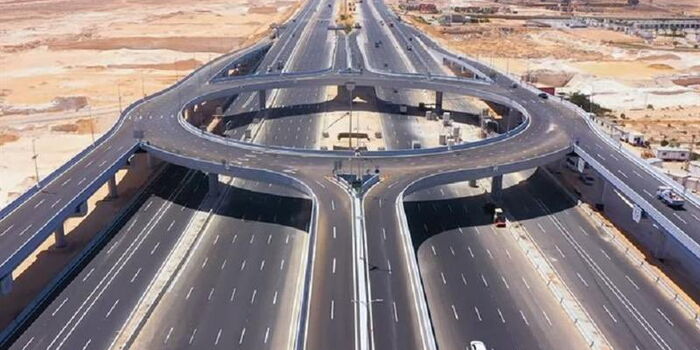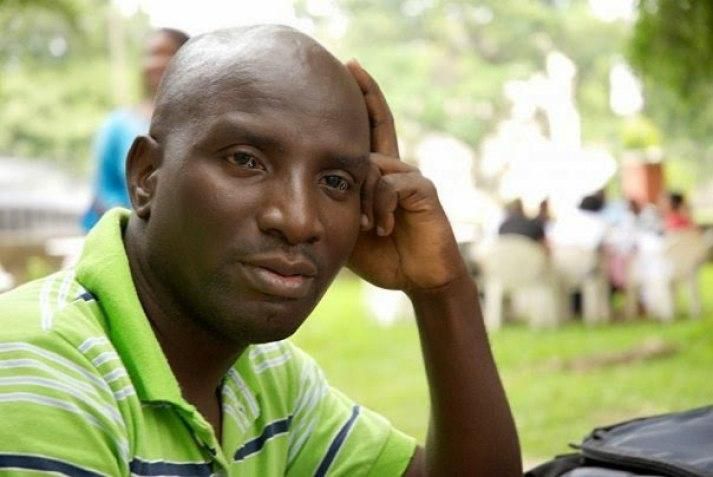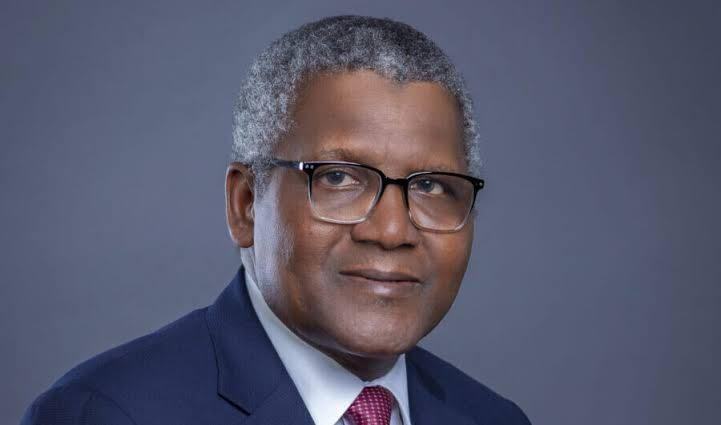A nation in mourning: Tribute to Buhari - Blueprint Newspapers Limited
Nigeria, Africa, and the global community stand in solemn mourning following the death of General Muhammadu Buhari (GCFR), the two-time President of Nigeria—first as a military head of state (1983–1985) and later as a democratically elected leader (2015–2023). His passing in London on on Sunday, July 13, 2025, marks the end of an era defined by discipline, patriotism, and an unyielding commitment to Nigeria’s progress.
Buhari was a man of contradictions—a stern military ruler who later embraced democracy, a leader both celebrated and criticised, yet one whose integrity remained unquestioned. His life was a testament to resilience, service, and an undying belief in Nigeria’s potential. As we reflect on his legacy, we remember a soldier, a reformer, and a statesman who shaped Nigeria in profound ways.
Early Life and Military Career: The Making of a Leader
Born on December 17, 1942, in Daura, Katsina state, Muhammadu Buhari hailed from a modest family in Nigeria’s far North. His early years were shaped by the values of discipline, hard work, and community—principles that would define his leadership style.
Rise Through the Military Ranks
Buhari enlisted in the Nigerian Army in 1961, attending the prestigious Mons Officer Cadet School in England before being commissioned as a Second Lieutenant in 1963.
His military career saw rapid ascension due to his competence and dedication. Key milestones included:
– Service during the Nigerian Civil War (1967–1970)
– Appointment as Governor of the Northeastern State (1975–1976) in General Murtala Mohammed’s regime
– Federal Commissioner (Minister) for Petroleum and Energy (1976–1978) in the General Olusegun Obasanjo
– Military Secretary at Army Headquarters (1978–1979)
– General Officer Commanding (GOC), 3rd Armoured Division (1980–1981)
His military career was distinguished by professionalism, earning him respect among peers and subordinates alike.
First Leadership: The 1983 Military Coup and War Against Indiscipline
The December 31, 1983, Coup
By the early 1980s, Nigeria was plagued by economic mismanagement, corruption, and political instability during the President Shehu Shagari administration. On December 31, 1983, Major General Muhammadu Buhari led a bloodless coup that ended the Second Republic. His ascension was initially met with public optimism, as Nigerians yearned for order amid chaos.
Key Policies of His Military Regime
Buhari’s 20-month rule was marked by a no-nonsense approach to governance. His administration introduced sweeping reforms, including:
1. The War Against Indiscipline (WAI)
– A national campaign to instill discipline, punctuality, and patriotism.
– Public flogging of civil servants for lateness and queue-jumping.
– A cultural shift towards accountability.
2. Anti-Corruption Crackdown
– The arrest and prosecution of politicians accused of embezzlement.
– The infamous “53 Suitcases” scandal, where a government official attempted to smuggle currency out of Nigeria.
3. Economic Stabilization Measures
– Austerity policies to curb inflation.
– Strict import controls to protect local industries.
4. Media Restrictions
– The infamous Decree 4, which criminalized negative reporting on the government.
Overthrow and Imprisonment
Despite his reforms, Buhari’s rigid leadership style alienated key military officers. On August 27, 1985, General Ibrahim Babangida overthrew him in a palace coup. Buhari was detained for three years in Benin City before his release in 1988.
The Long Walk to Democracy: Buhari’s Political Struggles (2003–2015)
After Nigeria’s return to democracy in 1999, Buhari transitioned into politics, contesting the presidency four times:
– 2003 (ANPP): Lost to incumbent Olusegun Obasanjo.
– 2007 (ANPP): Lost to Umaru Yar’Adua amid allegations of fraud.
– 2011 (CPC): Lost to Goodluck Jonathan in a heated election.
– 2015 (APC): Finally victorious, defeating Jonathan.
His persistence mirrored his military discipline—refusing to quit despite repeated setbacks.
Buhari’s 2015 election was historic—the first time an opposition candidate defeated an incumbent in Nigeria. His campaign promised:
– Ending Boko Haram insurgency
– Fighting corruption
– Reviving the economy
Key Achievements
1. Security and Boko Haram Degradation
– Recovered territories lost to Boko Haram (e.g., Sambisa Forest).
– Strengthened regional cooperation via the Multinational Joint Task Force (MNJTF).
2. Infrastructure Revolution
– Completion of the Second Niger Bridge.
– Modernisation of railways (Lagos-Ibadan, Abuja-Kaduna).
– Road construction (Lagos-Ibadan Expressway, East-West Road).
3. Social Investment Programs
– N-Power (youth employment).
– TraderMoni(micro-credit for petty traders).
– School Feeding Program (meals for public schoolchildren).
4. Anti-Corruption Efforts
– Recovery of stolen funds (though critics argued convictions were few).
– Establishment of the Whistleblower Policy.
Challenges and Criticisms
– Economic Hardships: Recession, unemployment, and naira devaluation.
– Insecurity: Rise of banditry and kidnappings.
– Perceived nepotism: Accusations of lopsided appointments.
Retirement and Final Days
After leaving office in 2023, Buhari retired to Daura, occasionally offering counsel on national issues. His health, long a subject of speculation, deteriorated in his final years.
Legacy: How History Will Remember Buhari
1. A Man of Integrity– Rare among Nigerian leaders, Buhari was never accused of personal corruption.
2. A Bridge Between Military and Democracy– One of few leaders to rule under both systems.
3. A Disciplinarian Who Loved Nigeria– Flawed, yet deeply patriotic.
Condolences and Final Farewell
Nigeria has lost a legend. To his family—especially Aisha Buhari, his children, and the people of Daura—we extend our deepest sympathies.
May Almighty Allah grant him Aljannah Firdaus. Amen.
Recommended Articles
Epson Announces Partnership with Global Music Icon Shakira

Epson has officially announced Grammy-winning music icon Shakira as their new brand ambassador for the META-CWA region.
Government Receives Funding for 90Km Samatar-Wajir Road Upgrade

The highway is part of a major cross-border road corridor.
NPP's Socrate Safo offers ideas to help NDC grow creative industry

Veteran Ghanaian filmmaker and New Patriotic Party (NPP) member, Socrate Safo, has openly expressed admiration for the o...
Dangote Seeks Licence To Build Largest, Deepest Seaport Near Refinery

Dangote group is planning to establish a key export artery that will support its fertilizer export and petrochemical ope...
CYNK Officially Launched in Johannesburg: A Game-Changer in African Tech and Investment

CYNK Officially Launched in Johannesburg: A Game-Changer in African Tech and Investment Albert Oosthuysen, Group CEO of ...
South Sudan joins African Paralympic family as IPC grants provisional membership

1
You may also like...
Diddy's Legal Troubles & Racketeering Trial

Music mogul Sean 'Diddy' Combs was acquitted of sex trafficking and racketeering charges but convicted on transportation...
Thomas Partey Faces Rape & Sexual Assault Charges

Former Arsenal midfielder Thomas Partey has been formally charged with multiple counts of rape and sexual assault by UK ...
Nigeria Universities Changes Admission Policies

JAMB has clarified its admission policies, rectifying a student's status, reiterating the necessity of its Central Admis...
Ghana's Economic Reforms & Gold Sector Initiatives

Ghana is undertaking a comprehensive economic overhaul with President John Dramani Mahama's 24-Hour Economy and Accelera...
WAFCON 2024 African Women's Football Tournament

The 2024 Women's Africa Cup of Nations opened with thrilling matches, seeing Nigeria's Super Falcons secure a dominant 3...
Emergence & Dynamics of Nigeria's ADC Coalition

A new opposition coalition, led by the African Democratic Congress (ADC), is emerging to challenge President Bola Ahmed ...
Demise of Olubadan of Ibadanland
Oba Owolabi Olakulehin, the 43rd Olubadan of Ibadanland, has died at 90, concluding a life of distinguished service in t...
Death of Nigerian Goalkeeping Legend Peter Rufai

Nigerian football mourns the death of legendary Super Eagles goalkeeper Peter Rufai, who passed away at 61. Known as 'Do...